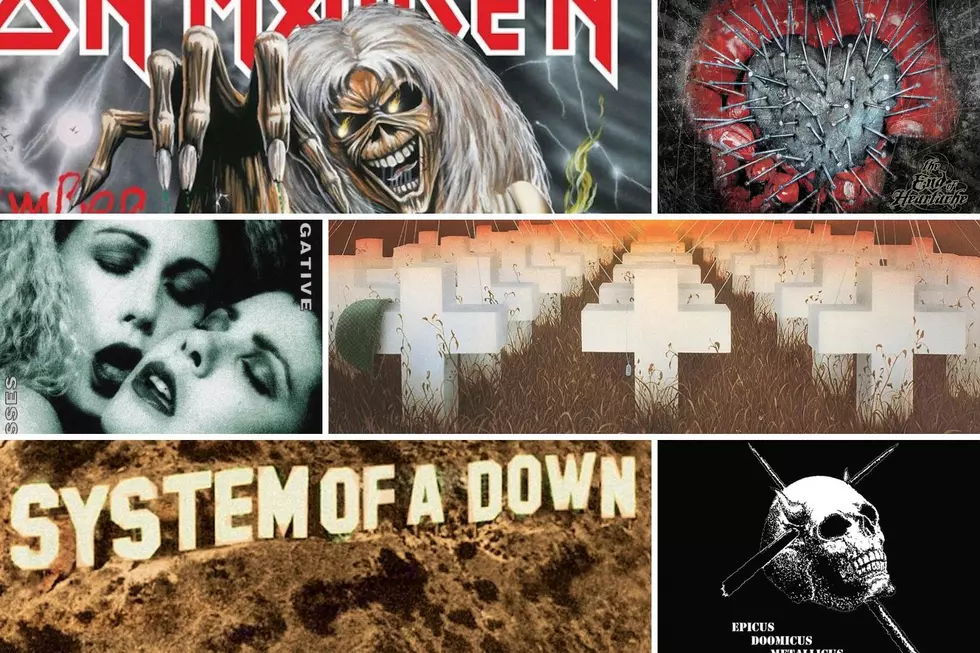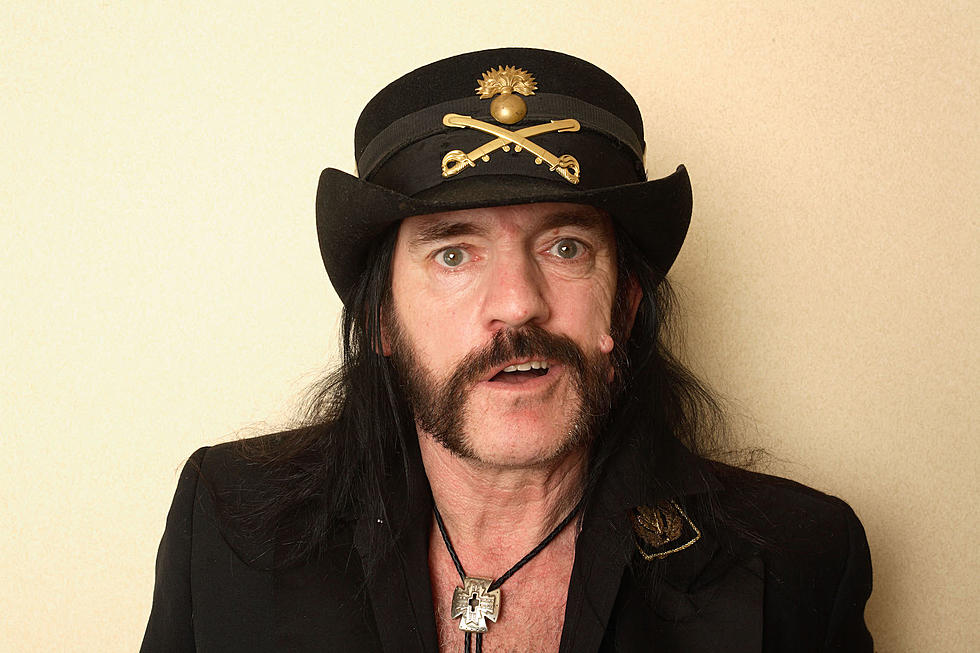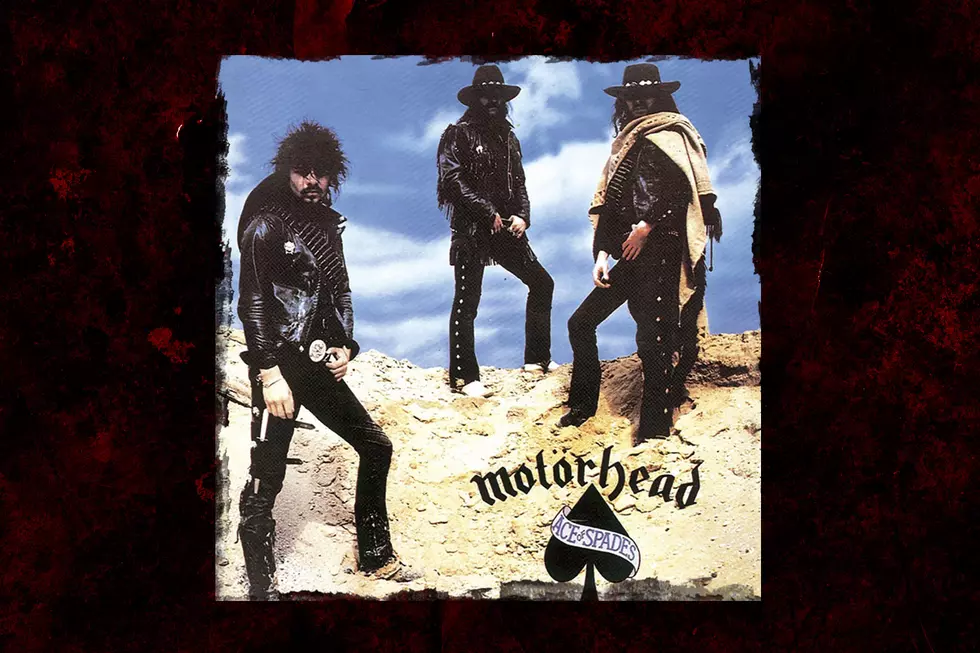Motorhead
With a career now spanning four, fast-and-furious decades and counting, England’s Motorhead aren’t just the forefathers of all varieties of speed metal, but undoubtedly among the most influential and revered heavy metal bands of all time — just don’t call them “heavy metal” to their faces. Motorhead’s long story is essentially the story of its leader, vocalist and bassist Ian ‘Lemmy’ Kilmister — except that Lemmy’s story is even longer, as he put in time as Jimi Hendrix’s roadie and a member of bands like the Rockin' Vic-ars and space rockers Hawkwind long before even founding Motorhead in 1975. Then, for three long years, Kilmister struggled to keep Motorhead alive, but after having their first album rejected and re-recording it for another label in 1977, the band finally caught fire in 1979. That year, Lemmy, guitarist ‘Fast’ Eddie Clark and drummer Philthy ‘Animal’ Taylor delivered a pair of speed metal benchmarks in ‘Overkill’ and ‘Bomber,’ and then followed them with two of heavy music’s most essential albums in 1980’s ‘Ace of Spades’ and ’81’s ‘No Sleep ’til Hammersmith’ (which went to No. 1 in the U.K.). Clarke left Motorhead after ’82’s ‘Iron Fist’ and Taylor followed after ’83’s ‘Another Perfect Day’ (featuring Thin Lizzy guitarist Brian Robertson), but Lemmy expanded the band to a quartet with guitarists Michael ‘Wurzel’ Burston and Phil Campbell, plus former Saxon drummer Pete Gill, for 1984’s double career retrospective, ‘No Remorse,’ featuring an iconic new single named ‘Killed by Death.’ Taylor returned after 1986’s ‘Orgasmatron’ but left again in ’92 and was soon followed by Wurzel, thus returning Motorhead to its classic, power trio formation built around Lemmy, Campbell and former King Diamond drummer Mikkey Dee. From this point forward, Motorhead remained an ever dependa-ble recording and touring proposition, year in and year out: always respected for their blue-collar work ethic and colossal influence, while remaining firmly (and frustratingly) entrenched in the heavy metal underground. But in 2005, the band was awarded their first Grammy, and in 2010 Lemmy was celebrated by a feature-length, star-studded documentary that deservingly elevated both his and his band’s mainstream profile. And, though he had long before swapped dingy London for sunny Los Angeles, Lemmy remained the embodiment of the drinking, drugging, skirt-chasing rocker until health issues finally forced him to retire some bad habits in 2013. All the while, Lemmy insists on categorizing Motorhead, not as heavy metal, but as just another rock and roll band, yet, whatever they are, they are still, for the moment, indestructible.
- Selected Discography: ‘Overkill’ (1979), ‘Ace of Spades’ (1980), ‘No Sleep ’til Hammersmith’ (1981), ‘No Remorse’ (1984), ’Orgasmatron’ (1986), ‘1916’ (1991), ‘Aftershock’ (2013)
- Related Artists: Ian ‘Lemmy’ Kilmister, ‘Fast’ Eddie Clarke, Philthy ‘Animal’ Taylor, Hawkwind, Phil Campbell, Mikkey Dee
- Further Reading: 10 Best Motorhead Songs, You Think You Know Motorhead?










